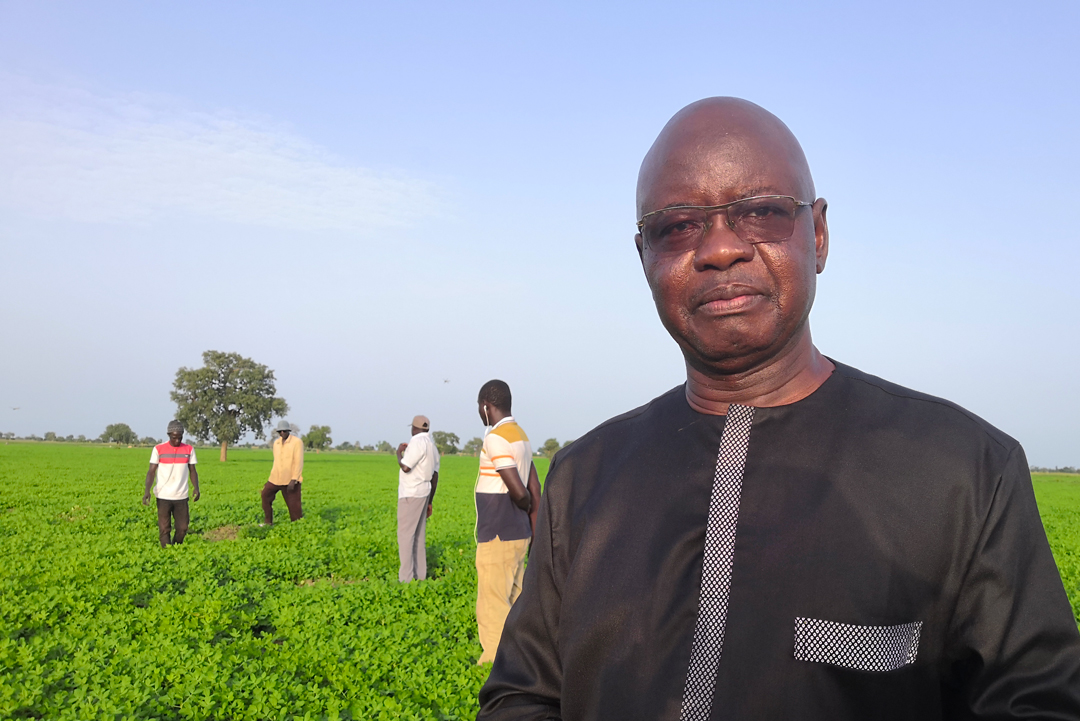In less than ten years,┬áTemb├ędou et Fils, a Senegalese-based seed company has gone from a turnover of 200 million FCFA (USD 400.000) to 2 billion FCFA (USD 4 million) thanks to CORAFÔÇÖs support.
Temb├ędou et Fils┬áwas created in 2006 by Aladji Temb├ędou. Thanks to CORAFÔÇÖs support in 2012, this company went from only purchasing and reselling seeds to the production and multiplication of certified seeds. Besides,┬áTemb├ędou et Fils┬ánot only processes and exports seeds to clients across West Africa, but they also provide fertilizers to farmers.
The production and marketing of groundnut, maize, sorghum, millet, and rice seeds is the focus of the Kaolack-based seed enterprise. Kaolack is located about 200 kilometers from the Senegalese capital, Dakar.
CORAF supported┬áTemb├ędou et Fils through┬áthe┬áWest African Seed Program┬á(WASP), a project funded by the United States Agency for International Development (USAID).
ÔÇťCORAF trained us on seed legislation and good farming practices. Before the arrival of CORAF, we did not have a good knowledge of cultivation techniques for seed multiplication,ÔÇŁ says Mr. Djibril Diop, Director of┬áTemb├ędou et Fils.
ÔÇťAt the time, it was not easy to have access to certified seeds. Thanks to CORAF, we were able to access improved and certified seeds from the Senegalese Institute of Agricultural Research.ÔÇŁ

Under the WASP, seed enterprises were also provided guidance on how to develop a business plan. By assisting┬áTemb├ędou et Fils in the development of a business plan, what CORAF did was establish a road map which allowed the company to expand its operations in significant ways.
ÔÇťWe are at this level today only because of the business plan we put in place thanks to the support from CORAF. The plan enabled us to obtained loans from banks.ÔÇŁ
ÔÇťPreviously, banks and microfinance institutions were hesitant to offer us loans and credit.ÔÇŁ
In 2018, Temb├ędou et Fils produced more than┬á1000 tons of groundnut seed production, 1200 tons of maize and about 800 tons of millet in 2018. It operates more than 1200 ha of land for seed production through contracts with local producers.
The company employs five permanent employees, 18 non-permanent employees, and 60 temporary employees.
ÔÇťToday, we earn a lot better than in the past thanks to the relatively larger market share we have,ÔÇŁ says Mr. Diop.
The company has recently embarked on a transformation process to diversify its activities.
ÔÇťWe buy peanuts from other producers for processing, hulling, sorting, and exporting. We also have a small artisanal oil mill unit that can produce 30 to 40 tons per day, which is not insignificant,ÔÇŁ said Mr. Diop.
Currently,┬áTemb├ędou et Fils┬ádoes not export its seeds outside Senegal. They plan to seize on the harmonized regional seed regulation to export seeds to other West African countries in the nearest future.
Read also: Harmonization of Seed Rules in West Africa: Early Signs of Boon for Businesses

 English
English
 Fran├žais
Fran├žais 
